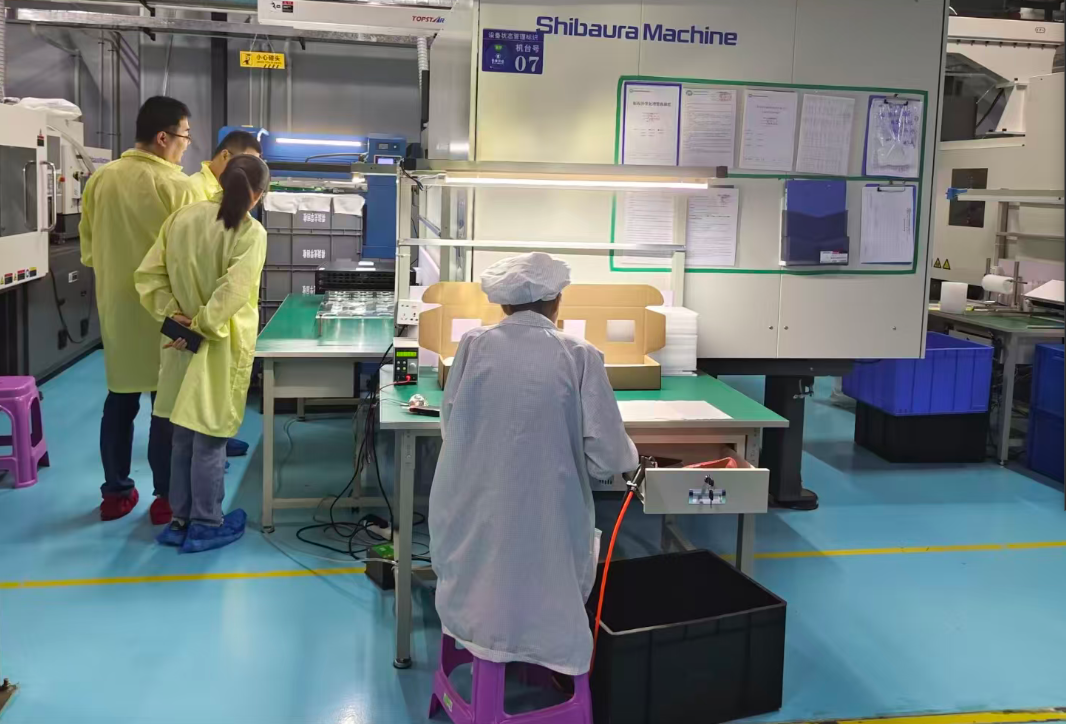Shenzhen Alu Rapid Prototype Precision Co., Ltd.
Industry News
- Home
- News
- Why injection molding clean rooms matter?

Injection molding is a high-volume manufacturing process where molten plastic is injected into a mold to create precise parts, commonly used for everything from consumer goods to critical components. Clean rooms are specialized, controlled environments designed to minimize airborne particles, dust, microbes, and other contaminants—often certified to ISO standards like ISO 7 (Class 10,000) or higher for stricter needs. These facilities use HEPA filtration, positive pressure, and protocols like specialized attire to maintain ultra-low contamination levels.
Clean rooms are not a luxury but a necessity for applications where even microscopic impurities can compromise functionality, safety, or compliance. Here's why they are essential:
1.Contamination Prevention: During molding, tiny particles from the air, equipment, or human handling can embed in the plastic, leading to defects like voids, discoloration, or structural weaknesses. Clean rooms limit particulates (e.g., to 10,000–100,000 per cubic foot in ISO 7–5 environments), ensuring parts remain pure and free from germs or dust that could cause failures in use. This is critical in processes where molten plastic is vulnerable to airborne contaminants.
2.Enhanced Product Quality and Reliability: A controlled environment promotes repeatability, reducing variability in part dimensions and surface finish. This results in fewer rejects, lower scrap rates, and more consistent output—vital for precision components where tolerances are measured in microns. By minimizing defects, clean room molding boosts overall reliability, extending product lifespan and performance.
3.Regulatory Compliance and Safety: Industries like medical devices, pharmaceuticals, and biotech demand adherence to strict standards (e.g., FDA, ISO 13485). Clean rooms ensure molded parts, such as surgical tools, implants, or drug delivery systems, are sterile and safe for human contact, preventing risks like infections or device malfunctions. Non-compliance can lead to recalls, legal issues, or health hazards, making clean rooms a cornerstone of ethical manufacturing.
4.Industry-Specific Advantages: While beneficial across sectors, clean rooms are indispensable in sensitive fields:
Medical/Healthcare: Produces biocompatible parts without microbial risks.
Electronics/Aerospace: Prevents shorts or failures from conductive particles.
Pharma/Automotive: Supports high-purity requirements for seals, valves, or optics.
In summary, clean rooms elevate injection molding from standard production to mission-critical precision work, safeguarding quality, safety, and innovation in an era of increasingly complex, contamination-sensitive products. For facilities handling regulated goods, investing in them isn't optional—it's a strategic imperative for competitiveness and trust.
